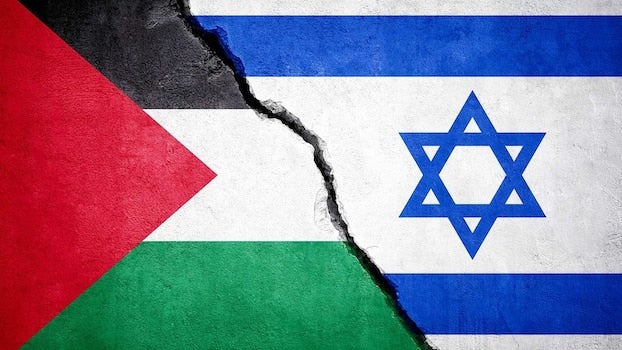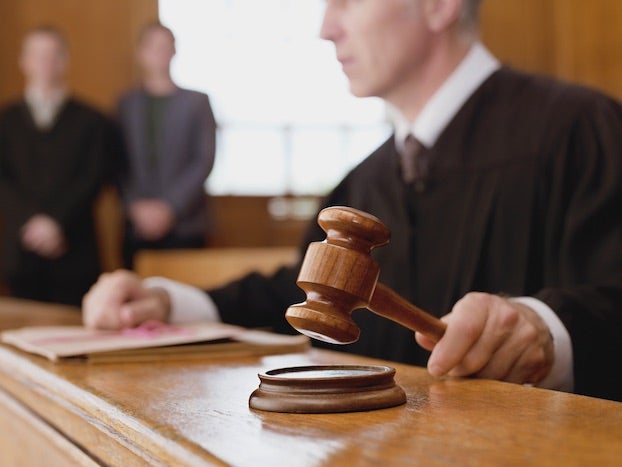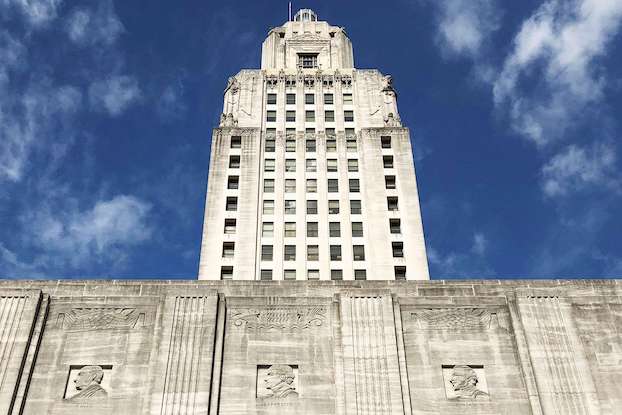US Supreme Court last ruled on prayer in 2014
Published 5:44 pm Sunday, July 16, 2017
A federal appeals court on Friday ruled that a public board in North Carolina violated the Constitution by opening its meetings with Christian prayers and inviting people in the audience to take part.
“The 4th Circuit … stressed that it’s not inherently unconstitutional for lawmakers to lead prayers,” reads an Associated Press report.
“But the fact that the Rowan County commissioners were the exclusive prayer givers combined with them consistently invoking one faith and inviting the audience members to participate sent the message that they preferred Christianity above other religions, the court said.”
The Informer last addressed the topic in October 2014, when a reader asked about prayers at public meetings. Some of what it wrote:
I turned on the C-GOV channel the other day and saw the Aug. 21 meeting of the Police Jury. At first I thought it was a church service. This prayer went on quite a few minutes. Why is this still being allowed?
The Informer in November 2011 wrote that prayers before public meetings were generally deemed constitutional by the courts if they adhered to criteria established in the Supreme Court case Marsh v. Chambers:
They’re nonsectarian.
They don’t mention “Jesus,” “Jesus Christ,” “Christ,” “Our Savior” or a saint.
They don’t invoke one religion in preference to others.
They’re directed only at the board members themselves.
They precede public business and aren’t a part of public business.
The column that year reviewed the invocations delivered ahead of each regular Police Jury meeting for the preceding 12 months and found that only five of them met all or most of the criteria.
Officials with both the parish and the Lake Charles City Council, which also opens meetings with prayers, said no one had complained about the invocations, but they pledged to pass on the criteria to those invited to deliver prayers.
‘Lightest supervision’
Things nationwide have since changed. The U.S. Supreme Court, in a 5-4 ruling delivered in May, winnowed the criteria and, as The New York Times wrote May 5, “cleared the way for sectarian prayers before meetings of local governments around the nation with only the lightest judicial supervision.”
The court ruled that sectarian prayers before meetings are constitutional as long as they comport with tradition and public officials don’t discriminate against minority faiths in their selection of prayer leaders and don’t coerce non-adherents into taking part. The case is Town of Greece v. Galloway.
“For members of town boards and commissions, who often serve part-time and as volunteers, ceremonial prayer may … reflect the values they hold as private citizens. The prayer is an opportunity for them to show who and what they are without denying the right to dissent by those who disagree,” Justice Anthony Kennedy wrote in the majority opinion.
“The analysis would be different if town board members directed the public to participate in the prayers, singled out dissidents for opprobrium, or indicated that their decisions might be influenced by a person’s acquiescence in the prayer opportunity. No such thing occurred in the town of Greece. Although board members themselves stood, bowed their heads, or made the sign of the cross during the prayer, they at no point solicited similar gestures by the public.”
In her dissenting opinion, Justice Elena Kagan didn’t disagree with allowing prayers before meetings, but she said Greece, N.Y., officials, whose meetings were almost always preceded by Christian prayers, many of them sectarian, “did nothing to recognize religious diversity” in their town, which has a Buddhist temple within its limits and Jewish synagogues just outside them.
“The Board’s meetings are … occasions for ordinary citizens to engage with and petition their government, often on highly individualized matters. That feature calls for Board members to exercise special care to ensure that the prayers offered are inclusive — that they respect each and every member of the community as an equal citizen,” Kagan wrote.
“But the Board, and the clergy members it selected, made no such effort. Instead, the prayers given in Greece, addressed directly to the Town’s citizenry, were more sectarian, and less inclusive, than anything this Court sustained in Marsh. For those reasons, the prayer in Greece departs from the legislative tradition that the majority takes as its benchmark.”
Police juror, gestures
The invocation delivered ahead of the Aug. 21 meeting of the Police Jury appears to fall in line with the court’s updated criteria.
The prayer, a sectarian invocation delivered by Moss Bluff United Methodist Church pastor the Rev. John Robert Black, addressed the Police Jury, not the public. And no member of the panel asked the public to stand or bow their heads — i.e., gestures Kennedy referred to.
That wasn’t the case, however, at the Police Jury’s previous regular meeting, on Aug. 7, when panel member Kevin Guidry asked everyone to both stand and bow their heads.
The Informer answers questions from readers each Sunday, Monday and Wednesday. It is researched and written by Andrew Perzo, an American Press staff writer. To ask a question, call 494-4098 and leave voice mail, or email informer@americanpress.com.





